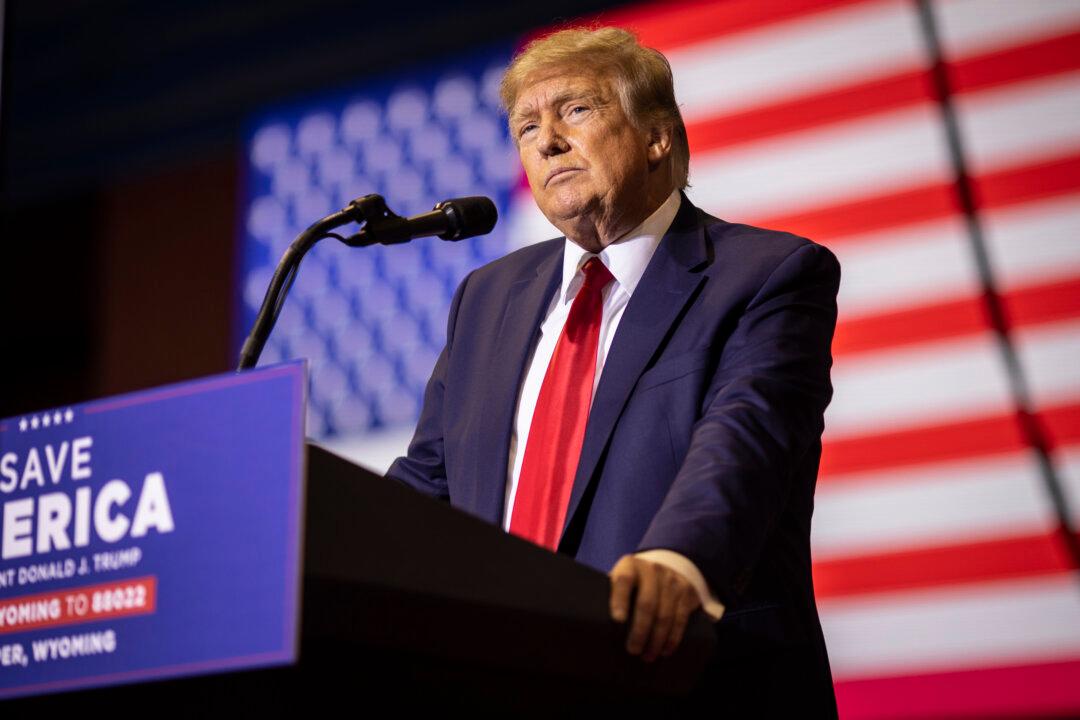Former President Donald Trump on Aug. 22 filed a motion asking a federal judge to bar the Justice Department from reviewing documents seized from his Mar-a-Lago residence until a third-party watchdog can be appointed.
In the first court motion from Trump’s legal team since the Aug. 8 FBI raid on his residence, the attorneys sought the appointment of a “special master,” a more detailed list of inventory taken, and the return of any item seized that was not within the scope of the search warrant, according to a filing on Aug. 22.





